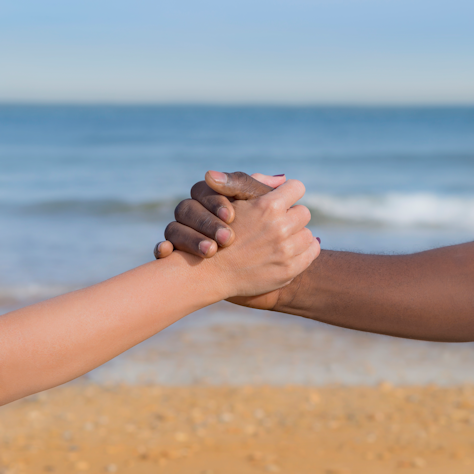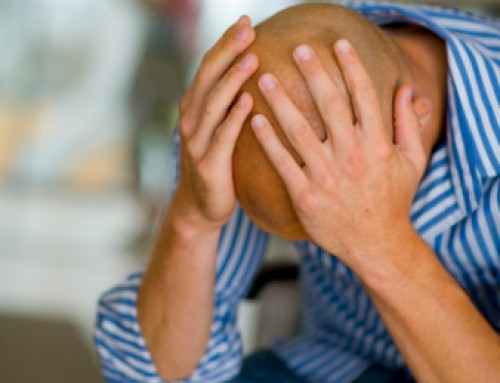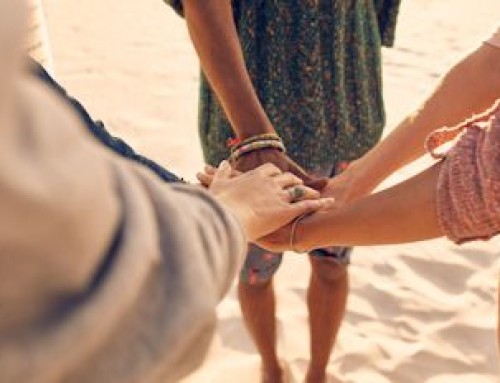We have all had the experience after a lovely meal, sitting around the dinner table with friends, when a healthy debate ensues where opinions, theories and ideas are tossed around. The topics can be wide ranging, and the atmosphere can become heated depending on peoples’ passions.
In my humble opinion, one of the most treasured things about human beings is the inherent intelligence that we are all born with, our ability to constantly learn, make independent decisions and develop as individuals. Ironically, one of the worst things, again in my humble opinion, is our ability to form said opinions.
We form opinions based on a near infinite number of reasons and experiences, and they are more often than not very personal to each of us. So to is the importance that we place upon those opinions; this is illustrated by our level of passion when we discuss them with our friends, family or peers. The problem with our opinions, and the reason why I say they can be one of the worst things about human beings, is that they can quickly and unknowingly cross that line to the “dark side” and become prejudices. And prejudices are widely thought to be the reason behind events such as wars, conflicts, trading embargoes or politics (to name but a few).
The Oxford Dictionary defines opinion as “a view or judgment formed about something, not necessarily based on fact or knowledge.” The same authoritative publication states that a prejudice is a “preconceived opinion that is not based on reason or actual experience,” or “dislike, hostility or unjust behavior deriving from preconceived and unfounded opinions.” You can immediately see how closely linked opinions and prejudices are, yet one clearly conceives an image of negative action and repercussion.
Such is the “power of prejudice” that I have found through my 20 years experience working with corporations, private individuals and even professional athletes to be the cause of a lack of performance, balance and the resulting view of happiness. Prejudice can interfere with someone’s ability to form relationships at any level in any situation, and this then results in imbalance and the blurring of living happy.
Humans are instinctively coded to form relationships with other humans, and we have evolved in increasingly complex social structures. The problem with such structures is that they organically breed certain behaviors through transference from one person to another, one group to another. One example of this is migratory patterns where you will find ever-increasing communities of people who have traveled from the same country or place and ended up “setting up home” near one another. Transference also occurs with prejudices whereby a single prejudice can spread throughout a community and become a powerful view of the people.
In extreme cases, prejudices can be the cause of bullying, violence or other crimes. Whilst we may never be able to totally eliminate prejudice and its resulting behaviors, we can certainly start taking positive steps toward reducing it. I understand we can form such prejudices on things like places, politics and sports teams (among other things), and although these can also lead to serious repercussions, I want to focus on people-based prejudices.
People are the foundation of opinion, and therefore prejudice. For example, if we like a particular politician who changes political party, we may also change our allegiance to that party. If a football player is transferred from one team to another, we may start to support a different team. People have the ability to change opinions and prejudices based on other people, their actions, and importantly, their opinions and prejudices also.
The “power of prejudice” has never had more examples than those that exist today. One such example is on HuffPost when they covered a story about Jamey Rodemeyer, who committed suicide following bullying. From his own words in a video he recorded before he died plus follow-up articles, we can pinpoint gay prejudices as the reason behind the bullying he was subjected to. This is an awful result from something that could have been avoided.
So, how can we start to reduce prejudice and the negative repercussions it causes? The answer is relatively simple to state, but far harder to put into practice and maintain. We can reduce the negative prejudices by once again rekindling the equilibrium between humans. Effectively, a “people-based prejudice” is someone thinking they are better (or worse) than someone else; or, they feel threatened by someone else or just uncomfortable with someone else.
It’s human nature to defend when we feel insecure, and a prejudice could start as a form of defense mechanism. By (re)establishing common ground from where we can view each other as equals and not place importance on asserting such prejudices, we will take steps toward a more harmonious society and as such, reduce (and then eventually remove) any conflicts or anger that exists.
How do we establish common ground with someone we cannot relate to, feel threatened by or uncomfortable with? Using a technique that I call “beyond the blur,” you ignore the elements of people that can blind us or cause prejudice. The sort of thing I am talking about is race, color, religion, hair style, fashion sense, the car they drive or the house they live in, etc. By looking beyond the blur of these superficial elements, it is possible to strip away the majority of things that are the basis for many prejudices.
Instead, focus on what is similar to your own self. Think about breaking down the person into small pieces in an attempt to find those things that you can relate to. For example, do you really dislike their eyes, nose, hands or arms? This will start the ball rolling, and you will create a mental shift that divorces the all too often superficial prejudices away from the underlying human being — someone exactly the same as you.
They live and breathe, just as you do. They need food and shelter, just as you do. They get scared, just as you do. The may have children, just as you do. They feel pain, just as you do. They want to live happy, just as you do.
When you practice this mental dissection of moving beyond the blur, you establish common ground and all the positivity that breeds. You can then transition negative prejudices that can create “hostility or unjust behavior” (as quoted in the Oxford Dictionary) into opinions. This is a very powerful technique, and I have seen firsthand how it can achieve results such as enabling change in corporations, removing anger from the lives of private individuals and increasing performance in professional athletes.
Move beyond the blur and see how your life brightens up.






